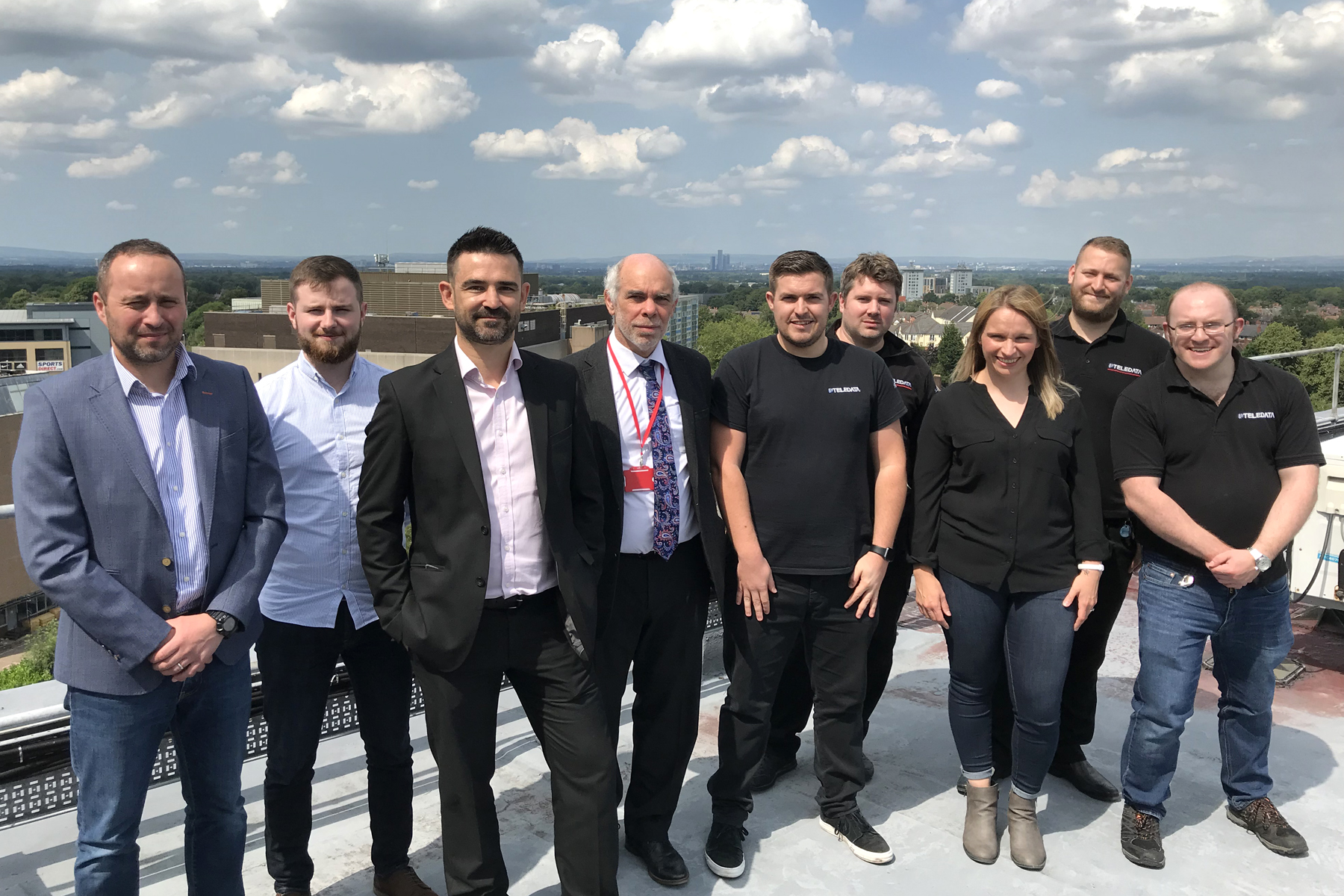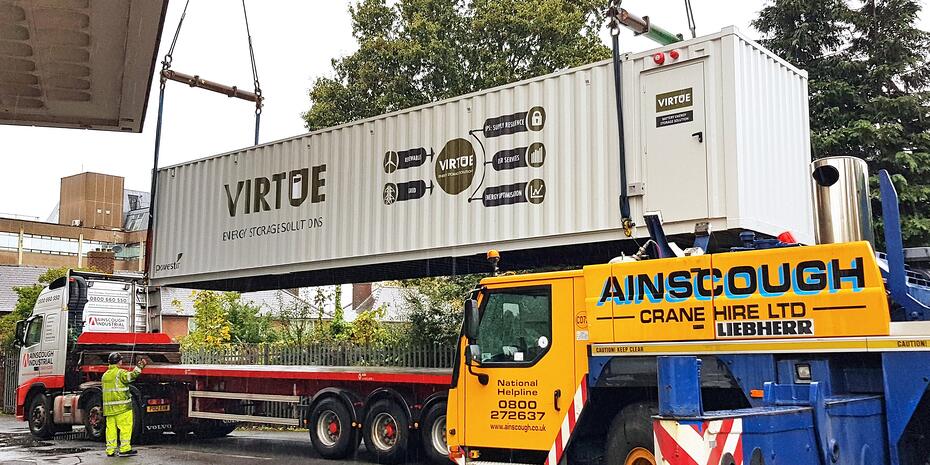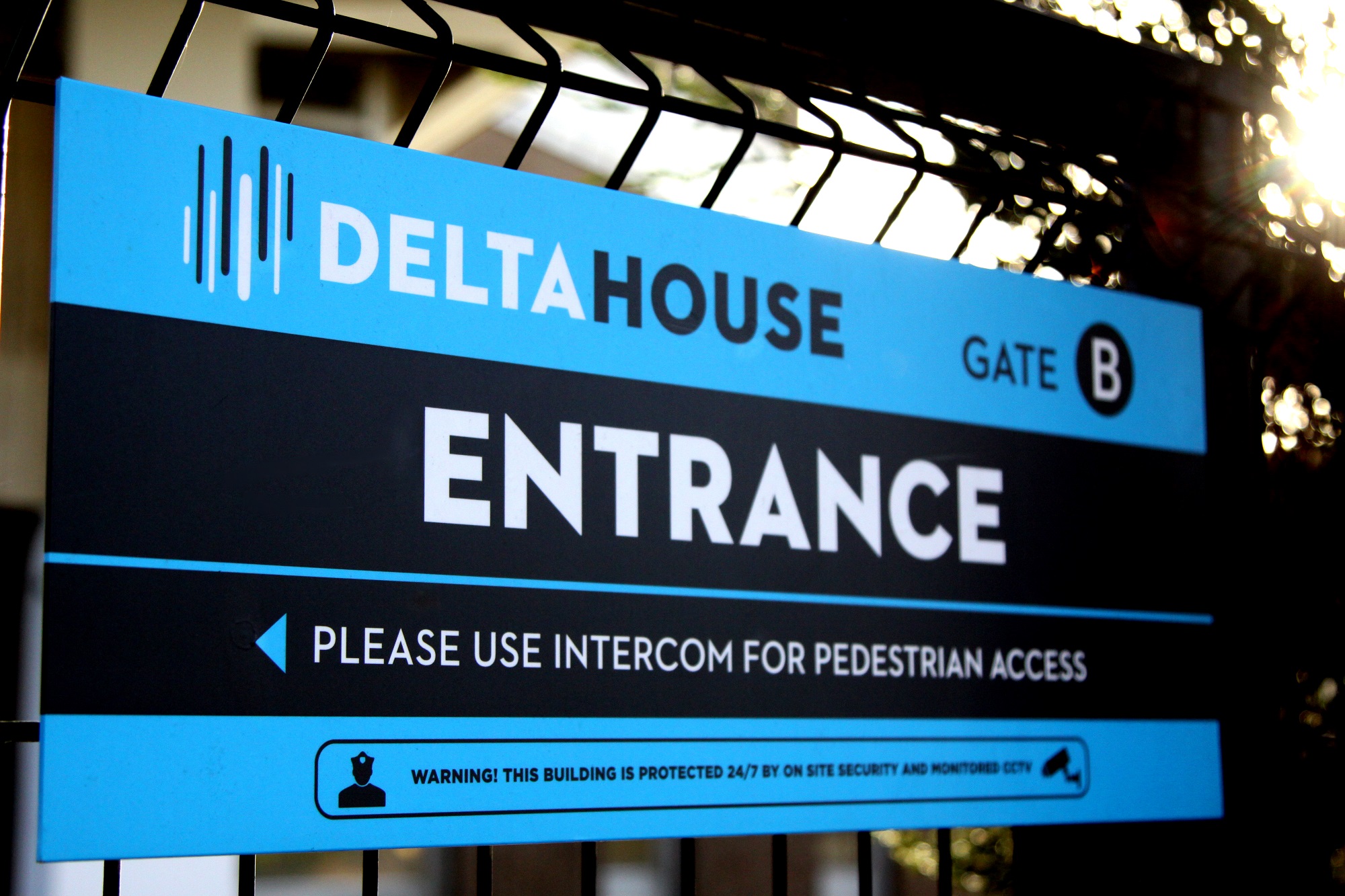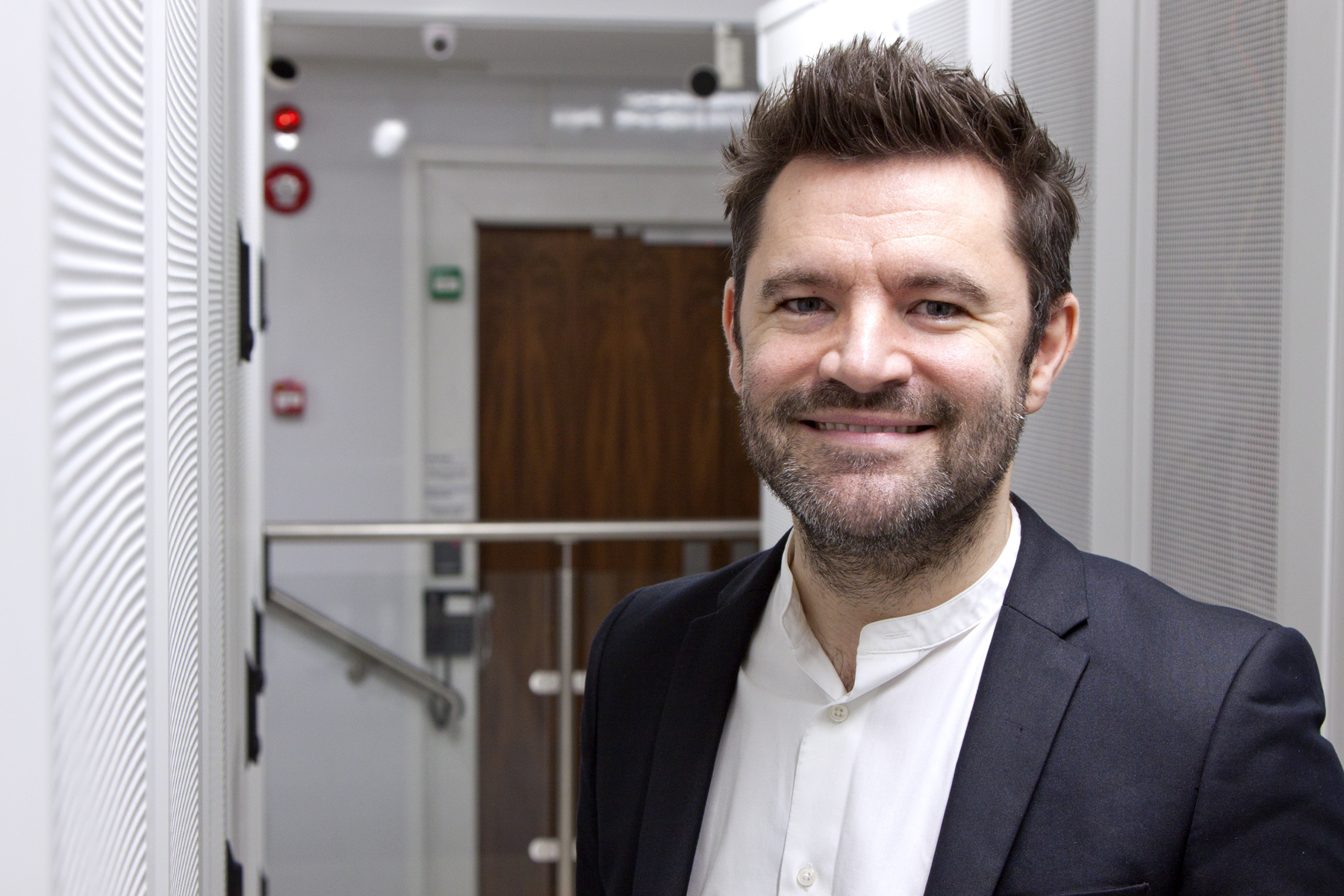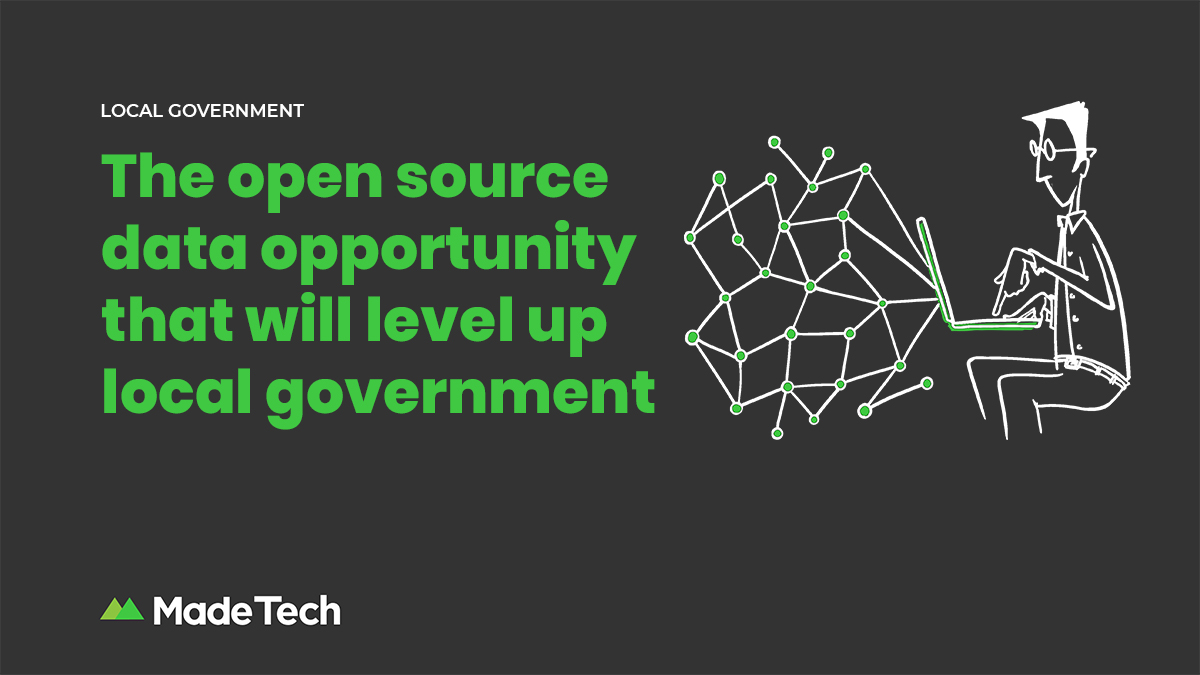
During the Covid-19 pandemic, we’ve seen first-hand the remarkable things local governments can accomplish when they’re given the right tools. Almost overnight, local authorities across the UK used their data to identify clinically vulnerable residents, provide important information on local outbreaks, and above all, figure out how to keep their increasingly stretched services running from a distance.
For the first time, local government organisations were able to work in the open and deliver great solutions in response to a global pandemic. They’ve demonstrated just how much more agile they can be, and how they can truly serve the needs of their users when they’re able to access and harness their data.
But while we’ve accomplished six years’ worth of digital evolution in just six months, make no mistake that this was all about survival. If we’re going to recover from the pandemic and sustain this momentum longer-term, something big needs to change — and that’s our larger digital ecosystem.
In my previous article in this series, I explained the key solutions that can help local government organisations start levelling up their tech. In this post, I’ll be exploring the role that open source data has to play in local government digital evolution, and how local governments can create better services for their people by becoming data-driven.
The open source data challenge for local government
During the Covid-19 pandemic, we’ve seen first-hand the remarkable things local governments can accomplish when they’re given the right tools. Almost overnight, local authorities across the UK used their data to identify clinically vulnerable residents, provide important information on local outbreaks, and above all, figure out how to keep their increasingly stretched services running from a distance.
For the first time, local government organisations were able to work in the open and deliver great solutions in response to a global pandemic. They’ve demonstrated just how much more agile they can be, and how they can truly serve the needs of their users when they’re able to access and harness their data.
But while we’ve accomplished six years’ worth of digital evolution in just six months, make no mistake that this was all about survival. If we’re going to recover from the pandemic and sustain this momentum longer-term, something big needs to change — and that’s our larger digital ecosystem.
In my previous article in this series, I explained the key solutions that can help local government organisations start levelling up their tech. In this post, I’ll be exploring the role that open data has to play in local government digital evolution, and how local governments can create better services for their people by becoming data-driven.
The open data challenge for local government
We already know that there are a number of challenges impacting local governments’ ability to digitally evolve at the speed it needs to. But what’s stopping them from using their open data long-term?
It’s largely dictated by legacy software. As I explored in the first post in this series, many local government organisations are still using major tech suppliers for their digital infrastructure. These contracts are not only lengthy and expensive, but they also lock critical data into proprietary formats and platforms.
The cost of changing this approach is high, leaving employees shackled in their ability to deliver services efficiently, while their service users — the general public — are unable to use the services they need.
But that’s only half of the problem — many councils are also facing a legacy technology battle from within, too. The varying platforms and systems used by different service areas within government organisations create data silos, meaning that data is not only invisible, but incompatible. And this makes it hard to drive meaningful change with how they deliver public services.
Before the pandemic, the result of this situation was that local authorities were unable to evolve to be truly data-driven and respond to the needs of their users.
But the pandemic has fundamentally changed things for public services — and for the first time, local government organisations have the opportunity and the momentum to use their data better, for good.
Harnessing the open source data opportunity for local government
As the pandemic hit, councils and local authorities had to spin up services and use new technology at a pace that has never before been seen. They were able to work with more interoperability than ever before, accessing and combining datasets and insight to make the best decisions for their people at pace.
And after the pandemic fades, many local authorities want this approach to stick around. To ensure this happens, four key shifts need to occur.
We need to become data-forward
Empowering local governments to use their data to inform their decision-making is no good if we don’t provide them with the tools to do so.
But to do this, they need new systems and platforms to ensure maximum interoperability.
Shifting to the cloud, and building new tech systems on cloud platforms, means that local authorities will be able to have all their data at their fingertips, putting the power back in their hands to make the right decisions for their people at speed.
We need to standardise our data
A data-forward local government organisation doesn’t just need the tech, however. In order for this opportunity to succeed, they also need the support of the central government.
To allow local governments to deliver maximum impact, datasets must be standardised and fully interoperable. This will ensure that local governments are able to act based on the best quality information possible, and make the best data-driven decisions for their people.
We need to collaborate better
As local government funds continue to dwindle, it’s becoming clear that they need to work together to make open source a reality — one where the approach is less focused on individual output, and more on collaborating to create something they can all use.
This shift is starting to happen, but needs more momentum. Earlier in 2020, a group of councils including East Devon, Exeter, Teignbridge, Sedgemoor, Basildon, and Brentwood became frustrated with their legacy systems, and collaborated to assess the feasibility of building and supporting an open source revenue and benefits system. The London Borough of Hackney works in the open, sharing code so that other councils can reuse and contribute to its development.
We need to start using data to inform the future, not just the present
Over the past year, local government organisations have used their data to help them make decisions in the here and now.
But data also allows us to look into the future. We can project for the services we want to build, anticipate user needs, understand experiences and drive future service improvement. We can look back at trends, use modelling, and test, all in real-time. Giving local governments access to open data allows them to check on the progress of their decisions and iterate and improve on them continually.
We can support you to use your data to its fullest potential
At Made Tech, we firmly believe in empowering local government organisations with the tech, tools, and skills they need to drive a digital evolution of their own — because only then can they use their data to better respond to the needs of their users. To see how we’ve done this before, book a chat with one of our team members, or check out the following case studies:
